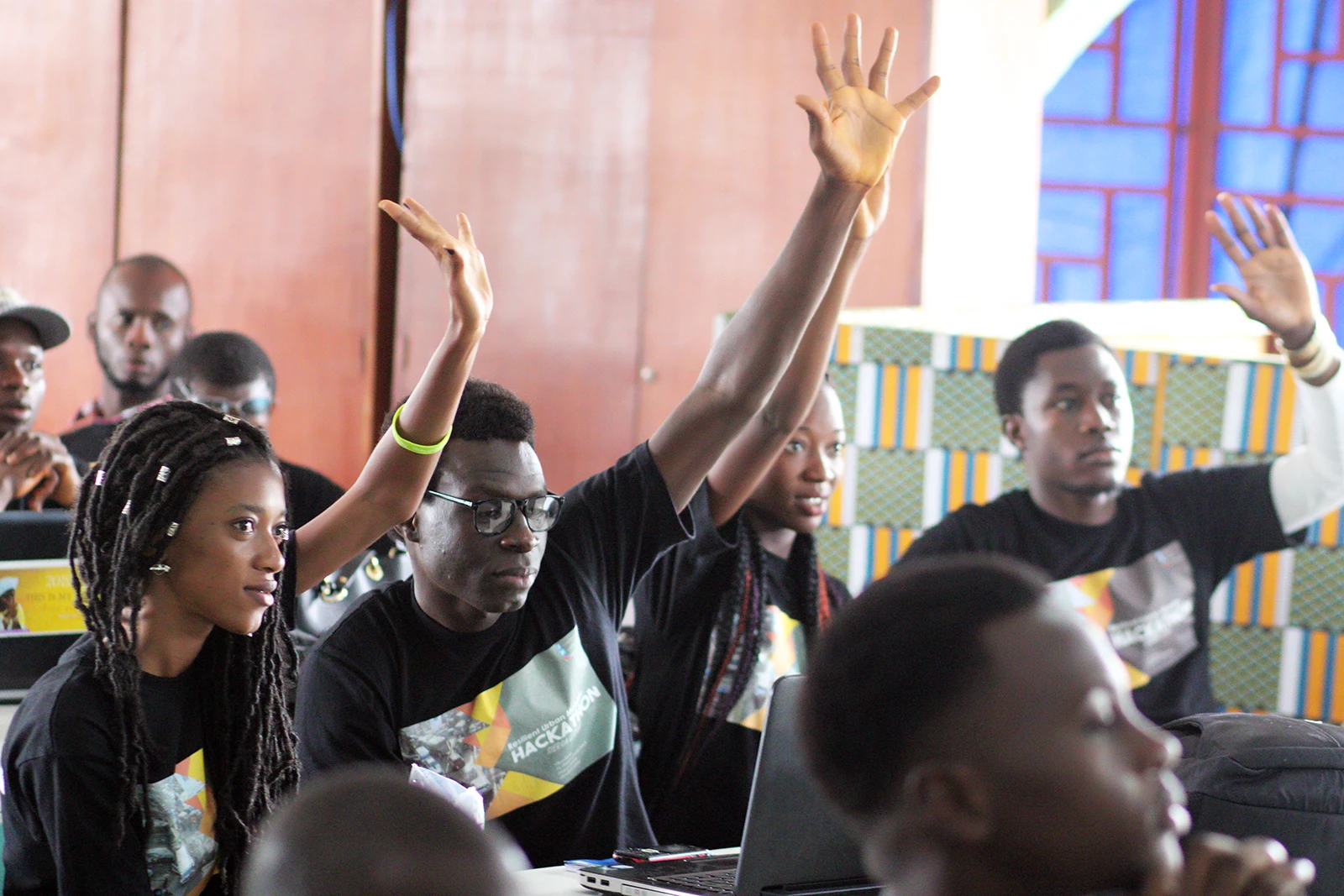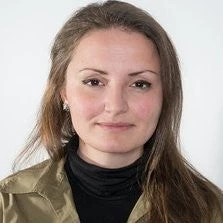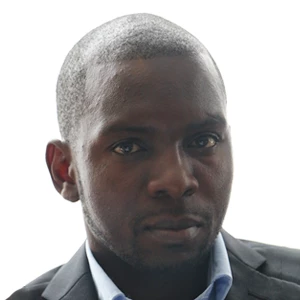
In the path of becoming an innovation hub in West Africa, Sierra Leone is showing the rest of the world how local young talent can revolutionize urban mobility. Do you want to know how? Keep reading!
Although Freetown is the main employment center in Sierra Leone, access to jobs and services in the city is heavily impaired by inadequate transport services, poor infrastructure, and chronic traffic congestion. The local transport sector is dominated by informal bus operators, who suffer harsh living conditions and offer low quality services. For vulnerable groups such as women and people with disabilities, moving around the city is particularly challenging. Furthermore, Freetown is one of the cities in the world most impacted by natural hazards and climate change, partly due to the heavy rainy season that floods the city’s roads every year. It is against this background that the World Bank is supporting the Government of Sierra Leone (GoSL) with a US$50 million IDA Grant for the Integrated and Resilient Urban Mobility Project (IRUMP) (P164353), which looks to improve quality of public transport, address climate resilience, improve road safety in selected areas, and enhance institutional capacity.
To make this happen, our team was keen to harness the technologies that have been disrupting the transport sector, and decided to give digital innovation and solutions a strategic role in the design and implementation of the project.
As part of this, the WBG collaborated with the GoSL’s Directorate of Science, Technology and Innovation (DSTI), the Ministry of Transport and Aviation (MOTA), and SensiTech Innovation Hub to organize this first-ever Resilient Urban Mobility Hackathon in August 2019.
What’s a hackathon, you ask? A hackathon is a social event where highly motivated individuals from diverse disciplines and professional backgrounds get mentorship and inspiration from experts, and then collaborate intensely to create or improve solutions to a specific challenge through the use of technology.
The Resilient Urban Mobility Hackathon aimed to gather ideas from local bright minds to solve urban mobility issues, while also helping to build an innovation ecosystem in Sierra Leone. In addition, the event provided a unique platform to connect government and creative innovators together, and to build the relation between government and citizens. The hackathon was structured around four challenges related to urban mobility: human capital, road safety, emissions, vulnerability to climate change, along with a cross-cutting theme focusing on vulnerable groups in the transport sector. In total, 111 talented young locals (organized in 11 teams) participated in the three-day event to design creative solutions. Participants received guidance from a variety of urban mobility experts, including stakeholders of the IRUMP and representatives of other relevant transport bodies in Sierra Leone.
During the three days, the teams developed prototypes for road safety education apps, parking apps, cashless payment systems, incident reporting apps (e.g. issues on the road, emergency, instances of sexual abuse on public transport), bus information websites, bus management systems, etc. The prototypes were well adapted to the Freetown context, especially when it comes to the needs of disadvantaged groups. For instance, most of the apps developed during the hackathon included features adapted to illiterate individuals or people with disabilities and relied on basic mobile communication technology without the need for 3G/4G—an important feature considering the low level of internet penetration in the city.
At the end of three days, teams presented their prototypes to the jury... And the revolution in urban mobility started! The following three prototypes came out on top:
- 1st prize: A cashless payment system for public transport with adapted features for persons with disability;
- 2nd prize: A platform for citizens to report road and drainage issues with great impact in flooding mitigation in Freetown;
- 3rd prize: A bus routing system with emergency response
These solutions were selected for their outstanding creativity, potential impact, and innovative nature.
What’s next?
Now we want to see these ideas growing and impacting the lives of Freetown citizens. The three winning innovators obtained a package of aftercare support that will help them implement and scale their prototype. This package included financial support and mentorship from the World Bank, DSTI, SensiTech Hub and the MOTA.
We strongly believe that these ideas could benefit other locations beyond Sierra Leone and be adapted to other urban areas facing comparable mobility challenges. And above all, we believe that, by leveraging technology and engaging local communities—especially the younger generation—we can unlock new solutions for ending poverty and boosting shared prosperity in Africa’s booming cities.
This work is funded by the Global Facility for Disaster Reduction and Recovery (GFDRR)– Resilience to Climate Change.




Join the Conversation